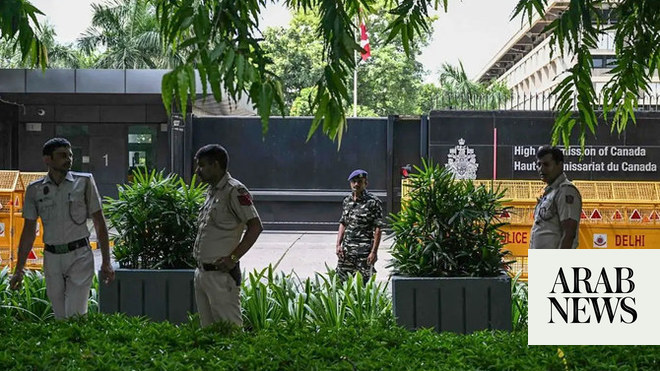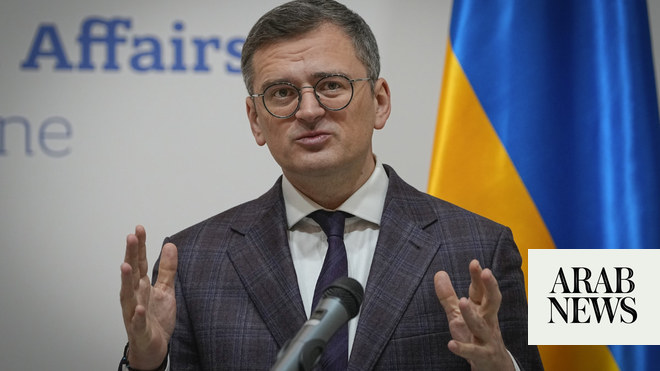
India on Friday decided that UK nationals arriving here from that country will have to undergo mandatory 10-day quarantine from Oct. 4 (Sunday midnight), weeks after the UK imposed similar restrictions on Indian travelers. The British travel rules also kick in from Oct. 4.
This shows requests from the Indian side, and consequent changes in the COVID-19 vaccination certificates in India by including the date of birth, has not cut ice with the British authorities.
With the United Kingdom refusing to remove quarantine rules for vaccinated Indian travelers, India, decided to impose reciprocal restrictions on UK nationals traveling to India from Oct. 4.
Under the UK rules that are scheduled to come into effect from Monday, Oct. 4, Indian travelers who have received both doses of the Covishield vaccine manufactured by the Serum Institute of India will still be considered “unvaccinated”. Accordingly, they would have to undergo self-isolation for 10 days.
Indian External Affairs Minister S. Jaishankar had taken up the matter with his new British counterpart Elizabeth Truss in New York in September. After the meeting, Indian Foreign Secretary Harsh Shringla had told reporters that some “assurances” had been received from the UK, but indicated that India reserved the right to impose reciprocal measures if changes were not made.
Over a week later, official sources said that India “has decided to impose reciprocity on UK nationals arriving in India from the UK”. “Our new regulations will come into effect from Oct. 4, and will be applicable to all UK nationals arriving from the UK,” they said.
Sources said discussions are “still ongoing”, and if London moves on the restrictions on Indian travelers over the weekend, New Delhi will also reciprocate.
As per the new Indian rules, all UK nationals, irrespective of their vaccination status, will have to under take four measures:
Pre-departure COVID-19 RT-PRC test within 72 hours before travel; COVID-19 RT-PCR test on arrival at airport; COVID-19 RT-PCR test on Day 8 after arrival; and mandatory quarantine at home or the destination address for 10 days after arrival in India.
“Authorities in the Ministry of Health and Family Welfare and Ministry of Civil Aviation would be taking steps to implement the new measures,” added the sources. Later on Friday evening, the British High Commission spokesperson, reacting to the development said the UK is continuing to talk with the Indian government on ‘technical cooperation’.
“The UK is continuing to work on expanding the policy to countries and territories across the globe in a phased approach. We are continuing to engage with the government of India on technical cooperation to expand UK recognition of vaccine certification to people vaccinated by a relevant public health body in India,” the British High Commission said.
The UK high commissioner to India, Alex Ellis, had claimed that the issue was not with Covishield vaccine, but with the COVID-19 vaccine certification, done through the CoWIN app.
“The UK is open to travel and we’re already seeing a lot of people going from India to the UK, be it tourists, business people or students. Over 62,500 student visas have been issued in the year ending June 2021, which is an increase of almost 30% as compared to the previous year. We want to make the process of traveling as easy as possible,” the high commission also said.
On Thursday, after the British authorities raised concerns over India’s vaccination certificate format, which resulted in inoculated travelers from India being treated as unvaccinated, the National Health Authority (NHA) updated the certification to make it compliant with the specifications detailed in WHO’s Digital Documentation of COVID-19 Certificates: Vaccination Status format.
This mainly includes display of the vaccinated person’s date of birth on her/his vaccination certificate. “Building a world-class digital platform for vaccination, we have ensured CoWIN certification is compliant with the WHO-DDCC:VS data dictionary. Now, international travelers can download an international version of their certificate that reflects their date of birth from CoWIN,” NHA CEO R. S. Sharma tweeted on Thursday.
The Indian foreign secretary had said publicly on Sept. 21 that the UK policy smelled of discrimination.
“The basic issue is that here is a vaccine, Covishield, which is a licensed product of the UK company, manufactured in India of which we have supplied five million doses to the UK at the request of the government of the UK. We understand that this is being used under the national health system, and, therefore, non-recognition of Covishield is a discriminatory policy and does impact those of our citizens travelling to the UK,” Shringla had said.
From Oct. 4, the UK’s current ‘traffic light’ system of ‘red’, ‘amber’ and ‘green’ countries — based on levels of COVID-19 risk — will be replaced by a single ‘red’ list of countries. The scrapping of an amber list, which is what India is currently on, means a reduced PCR test cost burden, but only for some travelers.
The expanded list of countries whose vaccines are recognized in the UK does not include India. It means Indians vaccinated with Covishield, the Serum Institute of India-produced Oxford-AstraZeneca vaccine, would be required to undergo compulsory PCR tests as well as self-isolation. — Agencies












